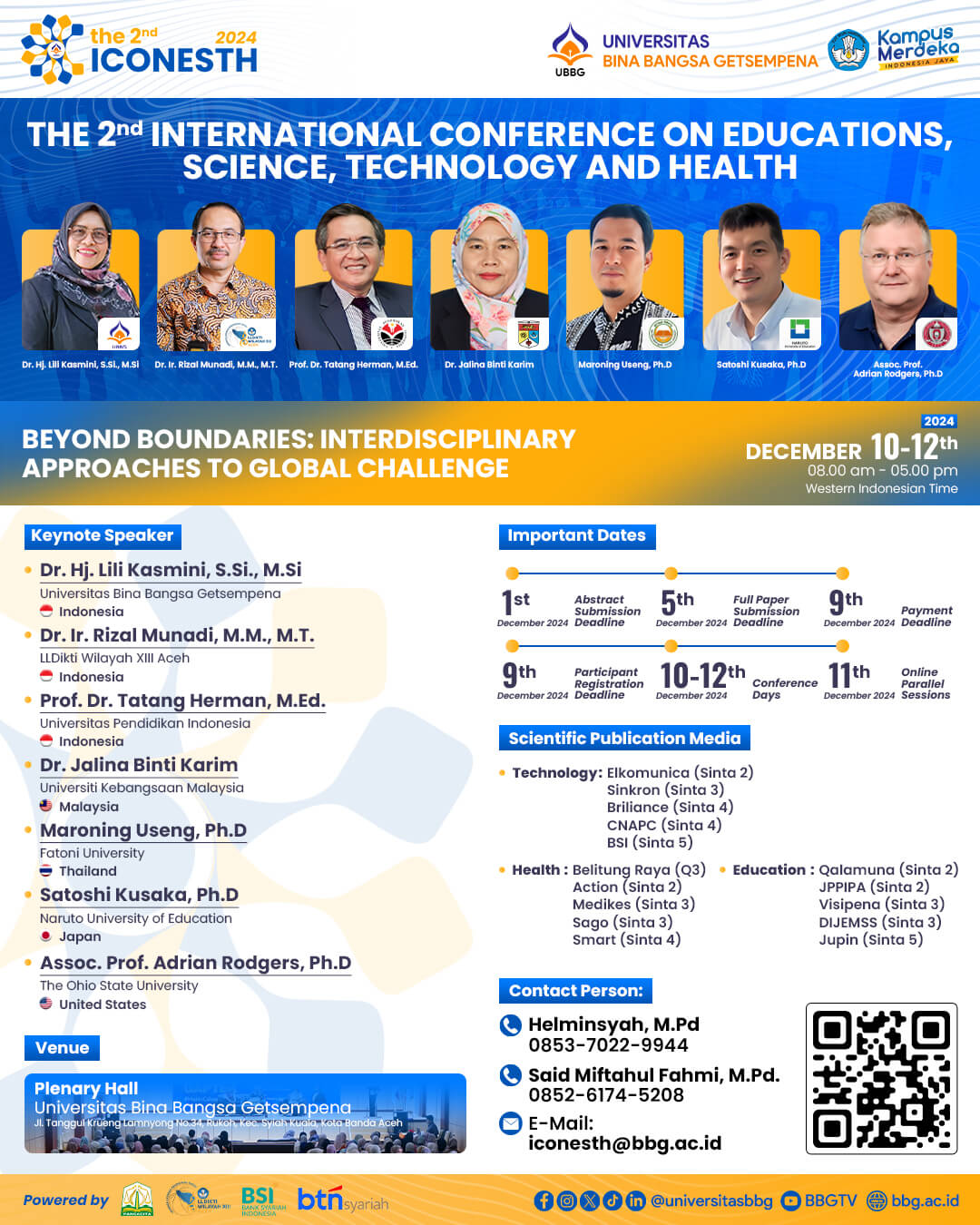Application Of Science Process Skills to Improve Students' Scientific Literacy Abilities in Physics Learning
Abstract
Science process skills are directed scientific skills that can be used to discover a concept or principle or to develop existing concepts. Science process skills are an essential dimension of scientific literacy. However, observations and interviews conducted at SMA Unggul Subulussalam revealed that students' scientific literacy skills are still low. The purpose of this study is to determine the difference in the improvement of students' scientific literacy skills taught using the science process skills approach compared to those taught using the direct instruction model in Physics learning. This study employs a quantitative approach with a Non-Equivalent Control Group Design experimental method. The population of this study consists of 11th-grade science students (MIA), with a sample of 30 students selected through random sampling. The instrument used in this study is a multiple-choice test. The research data were analyzed using average tests, N-gain, and independent sample t-tests. The results indicate that the average N-gain score for scientific literacy in the experimental class is 0.76 (high category), while the N-gain score in the control class is 0.58 (moderate category). Furthermore, based on the results of the independent sample t-test, it can be concluded that there is a significant difference in the improvement of students' scientific literacy skills in Physics learning when taught using the science process skills approach compared to the direct instruction model.









